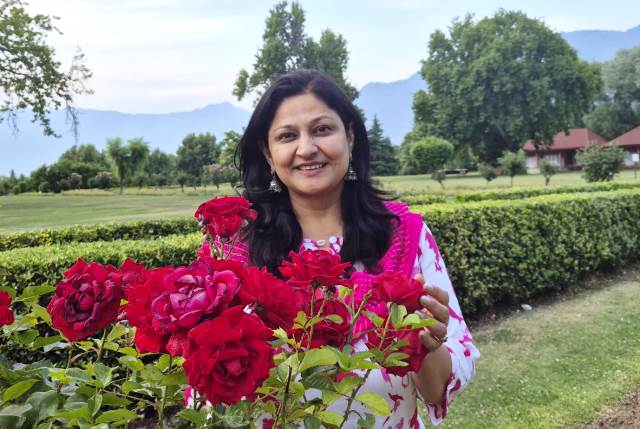Uttera Singh Raghuvanshi, a digital marketer from Lucknow, says ‘reels’ addiction is making it difficult for our brain to focus and also shrinking our attention span. Her views:
If we go back to memory lane, there was a time when everyone in the family was stacked in front of the TV set at a specific time to watch their favourite shows. But with quick passage of time and advancement of science and technology, today everyone has their personal gadget in hand, i.e. a smartphone, and they are hooked to it, oblivious with their surroundings. The days of watching hour-long shows are gone; we now keep scrolling the screen through short forms of videos called ‘reel’.
This reel culture – those short, quick videos that are available on social apps like Instagram, Facebook, YouTube – has completely changed how we use our free time. This phenomenon is no longer just for the young; it’s an immersive form of entertainment that has hooked people across generations. However, this acts as a double-edged knife: while it can provide entertainment or stress relief, it can affect our brains and our daily lives.
One good thing about reels is their efficiency in providing valuable information in quick time. Be a cooking recipe, a quick life hack, or a funny joke, reels make it fun to learn. You get it instantly, usually in under a minute, which feels perfect for our busy and modern lives. It’s a convenient source of distraction and quick laughter. These platforms also offer space for talent. Anyone can become a content creator, showcase one’s skill, or simply express themselves. This has led to vibrant communities where people can find others who share their exact interests, making the world feel a little smaller and more connected around niche hobbies.
ALSO READ: ‘Reelmakers Compromise With Safety And Scruples’
However, there is a flip side to it as well. These short videos train your brain to expect a constant stream of quick, exciting jolts of stimulation. The content is specifically designed to be unpredictable and rewarding, triggering bursts of the ‘feel-good’ chemical dopamine with every scroll of thumb.
The reel culture also creates a harmful comparison trap. What we see online is a highly edited “highlight reel”—people showing off only their absolute best moments, like perfect trips and flawless lives. When we constantly compare our normal, mundane, everyday reality to these impossible standards, it may lead to low self-esteem and anxiety
On a social level, the more time we spend passively consuming content on a screen, the less time we are actively engaging with people face-to-face. This can subtly damage our social skills. Additionally, the late-night scrolling habit, often encouraged by the addictive feed, directly contributes to sleep disruption and chronic fatigue.
However, we can still take back control of our social lives. The goal isn’t to quit entirely, but to ensure that we are the boss of the app, not its victim. A simple starting point is to establish clear limits by simply using our phone’s built-in settings (like Screen Time) to enforce a strict daily time limit—say, 30 minutes or so—on the tempting apps. By consciously setting boundaries, we can enjoy the good parts of reel culture without letting it steal our time, focus, and happiness.
As told to Rajat Rai


